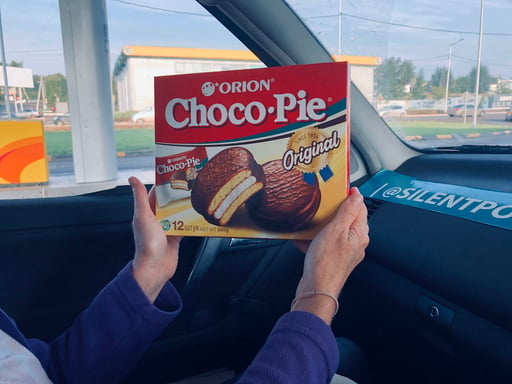I’m not good at asking for help or reaching out for support. I will very happily offer it to others but seeking it doesn’t come naturally to me at all. In my formative years, frequent moves to new towns and schools required a degree of self-reliance being the constant ‘stranger’ in a new environment. As an adult, understanding my personality better with the support of tools such as Facet5, I have come to appreciate this is also largely a style and preference for me. For those familiar with Facet5, I have a very high Will score with two subfactors - Independence and Determination – both at 10.
It means though, that my first instinct is to try and just figure everything out on my own – regardless of whether I know how to do it or not – and often will only seek help and support from others as a last resort.
If you’ve been following these blog posts, you’ll know that anything that could go wrong did go wrong from the moment we flew out of London. What I didn’t know at that point was how the kindness of strangers would carry us through our journey and how it would bring a heightened sense of awareness back to day-to-day life.
We started encountering acts of kindness within hours of arriving – assistance from various people to navigate Maxim (Russian Uber) and explain pick up points to drivers on our behalf, recommendations of places to visit and the best food to eat whilst sorting out car insurance, a lively crash course in basic Russian to help us get by.
And then on our first day of driving we broke down on the side of a busy highway in the pouring rain. Reverting to type, amplified by the situation in which we found ourselves, I went into problem solving mode of what could we do to fix it on our own. Determined to exercise our practical resourcefulness, I set us off back down the road towards the last petrol station – picking our way through the mud and mosquitoes in the ditch running alongside the highway to avoid being taken out by a thundering semi-trailer. About 5 minutes in I realised that it was not my best plan but stubbornly stuck with it. An hour later, back at the car irritated, cold and no further forward than when we set out, my driving partner simply flagged down the next passing motorist and, through the power of Google Translate, asked for help. That motorist flagged down another who then spent the best part of another hour trying to get Ginny to start. It was agreed that a tow truck was required, for which we asked for help to organise. It was at that point that I thought we would part ways.
What happened next fundamentally changed the way in which we would process and remember the experience.
Our kind stranger from whom we had asked for help had not only sorted out all of the logistics to get our car towed and find a mechanic but then stayed with us until the tow truck turned up to ensure that it was all okay. For the three hours that we sat together, with an accompanying soundtrack of pumping Russian pop, a realisation set in. What I was actually most worried about coming into the trip was not the range of things that could go wrong, but where my capabilities would reach their limit to fix those things. As I sat there, I gave myself permission to ask for and accept help and simply be grateful for it.
That day would not be the last time we would need to flag down passing motorists to help us. And it would not be the last time that that complete strangers gave up their time in small and large quantities to ensure that we were okay. Sometimes we needed to ask for it and other times it was simply offered up in the form of encouragement to help us along the way.
Special mentions must also go to:

Almost every day, someone would seek us out to find out what we were doing and check that we were okay. It helped that we were visibly different and clearly a long way from home – Ginny easily identifiable as an unusual car with foreign plates. I found that it was also getting easier to ask for help. People were happy to give it and it was making me feel happier, safer and more deeply connected to the experience that we were having.
Back in daily life and in work it is easy to miss these opportunities to ask for and offer help and support. We are all so busy getting on with our tasks – it may not seem so obvious where help is needed. So, I have been challenging myself to look carefully where I can offer help and check in more with people and trying to ask for it more as well (a work in progress). Even if it seems small, the impact can be significant for both parties and support them on whatever journey they are currently on.
Footnote - over the 4 weeks on the road, I kept a tally of all of the people that had helped us and shown kindness - making our onward journey possible and memorable. It was the combined effort of 43 people that made the drive from Ulan-Ude to London – not just the 2 in the car.
How would you like to start a conversation? Click on the icons below, or use our interactive video tool.